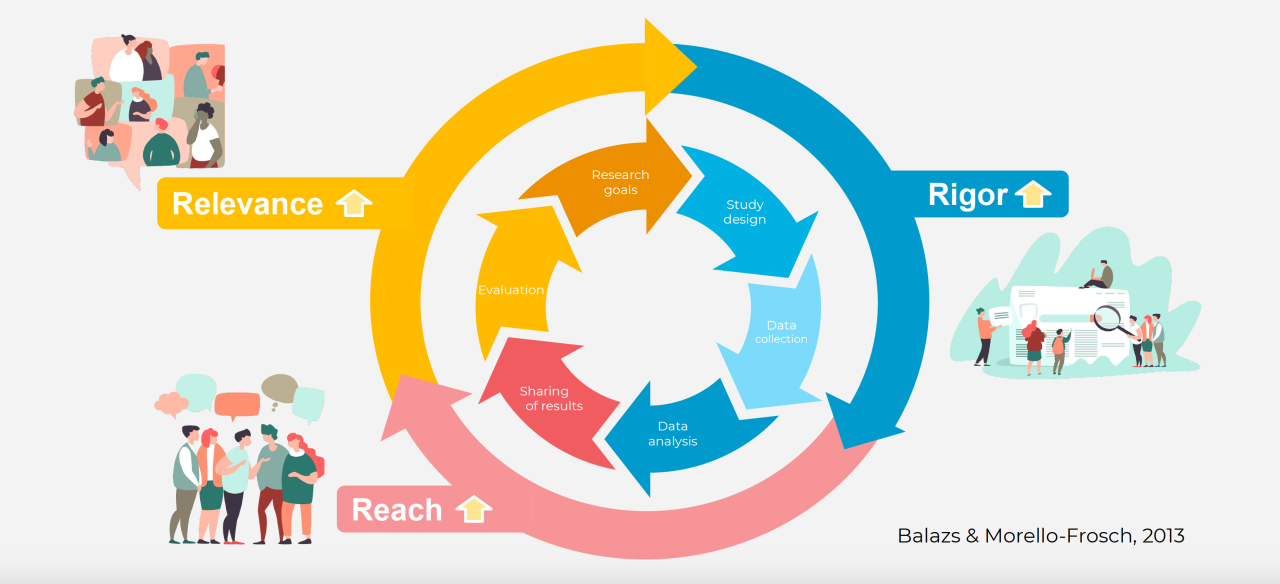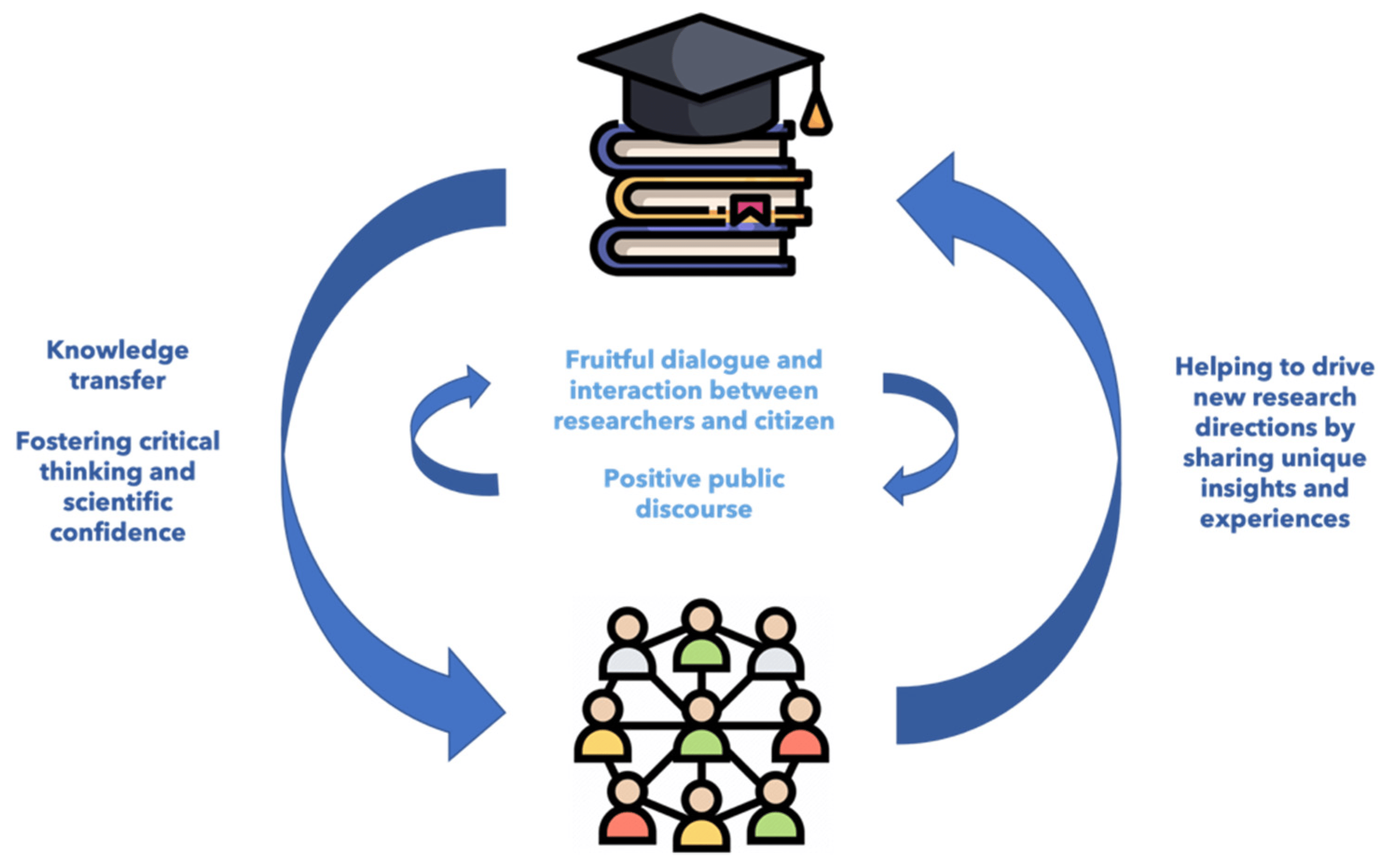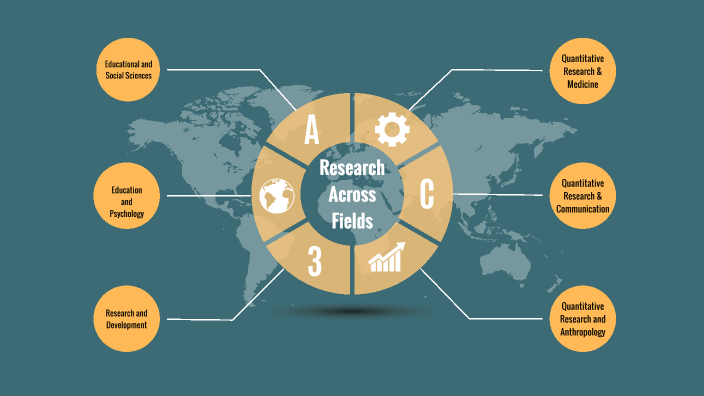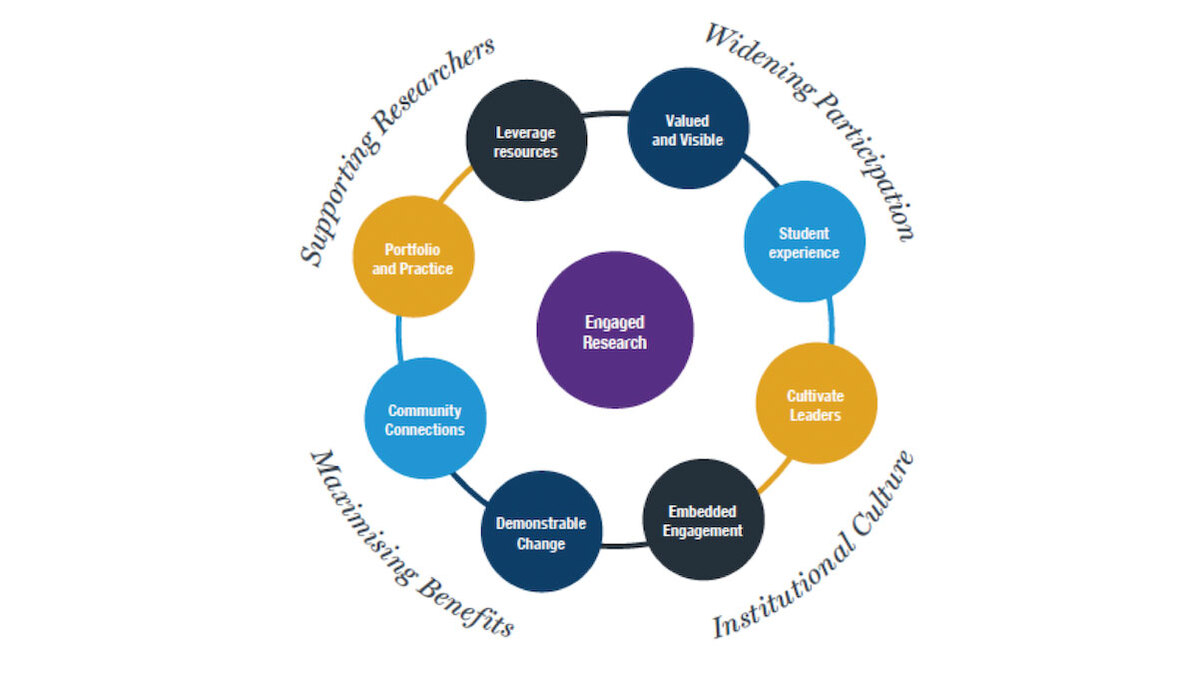Which of the Following Activities Constitutes Engagement in Research?
Answer:
Engagement in research refers to activities where individuals or institutions actively participate in the research process. This involvement can take various forms, including designing the study, collecting data, analyzing results, and disseminating findings. The key factor that defines engagement is the contribution to the research process itself, whether directly or indirectly.
This article will explore the concept of research engagement, identify the activities that constitute involvement, provide examples, and explain the ethical and practical significance of engaging in research.
1. Introduction to Engagement in Research
Engagement in research is more than just participating in studies; it involves a deep, active involvement in the entire research process. From the initial design to the final dissemination of results, engagement in research requires collaboration, critical thinking, and a commitment to advancing knowledge. Engaging in research can take many forms, from academic research at universities to applied research in industries, government agencies, and non-profit organizations.

Research engagement can benefit both the researchers and the broader society by addressing pressing issues, fostering innovation, and contributing to informed policy-making. With the advancement of technology, research engagement has become more accessible to various stakeholders, including communities, policymakers, and individuals. This inclusive approach to research helps to ensure that the findings are relevant, practical, and can lead to positive changes.
2. Importance of Engagement in Research
Engagement in research holds critical significance for individuals, institutions, and society as a whole. Below are some key reasons why research engagement is essential:

2.1. Advancing Knowledge
Engagement in research is one of the primary ways to advance knowledge in various fields. By asking questions, conducting experiments, and analyzing data, researchers can generate new insights, theories, and understanding that contribute to the progress of science, technology, medicine, social sciences, and other disciplines.
Example:
- A researcher developing new treatment methods for a disease by engaging in clinical trials and experimental research.
2.2. Addressing Societal Challenges
Research engagement can directly address societal challenges such as climate change, poverty, healthcare disparities, and education. Researchers work to identify the root causes of these issues and develop evidence-based solutions that can be implemented by policymakers and organizations.
Example:
- Researchers collaborating with environmental organizations to develop sustainable practices that mitigate climate change effects.
2.3. Innovation and Technological Advancement
Innovation often stems from research engagement, as researchers explore new ideas, test theories, and develop technologies that can revolutionize industries. Technological advancements such as artificial intelligence, renewable energy, and medical devices are the results of active research engagement.
Example:
- A research team developing a new form of renewable energy technology through collaborative research and experimentation.
2.4. Evidence-Based Policy and Decision-Making
Research engagement is crucial for evidence-based policy and decision-making. Policymakers rely on research findings to make informed decisions that can impact society at large. Engaging in research helps to ensure that policies are grounded in reliable data and can lead to effective outcomes.
Example:
- A government agency using research on public health trends to create policies that promote healthier lifestyles and reduce healthcare costs.
2.5. Contributing to Global Challenges
Engagement in research has the power to contribute to solving global challenges, such as pandemics, food security, and sustainable development. Through collaborative international research efforts, the global community can work together to address these issues and make a positive impact on humanity.
Example:
- Global research collaborations focusing on vaccine development to combat a pandemic.
3. The Research Engagement Process
The research engagement process involves multiple stages, each of which plays a critical role in achieving the study’s objectives. Below are the key steps in the research engagement process:

3.1. Identifying Research Questions and Objectives
The first step in research engagement is identifying the research question or problem that needs to be addressed. Researchers must carefully consider what they want to study, why it is important, and how the findings could contribute to the field.
Example:
- A researcher identifying a gap in knowledge regarding mental health services for underserved populations and setting research objectives to address this issue.
3.2. Designing the Study
Designing the study involves determining the research methods, selecting participants, and deciding on data collection tools. A well-designed study is essential for obtaining valid and reliable results.
Example:
- A researcher designing a mixed-methods study that combines surveys and interviews to explore public attitudes toward renewable energy adoption.
3.3. Data Collection
Data collection is the process of gathering information from various sources to address the research question. This can involve surveys, experiments, interviews, observations, and archival research.
Example:
- A researcher conducting fieldwork in a rural area to collect data on the impact of microfinance programs on local communities.
3.4. Data Analysis
Once data is collected, researchers analyze it to draw conclusions and answer the research question. This involves statistical analysis, qualitative coding, and other techniques to interpret the data and identify patterns.
Example:
- A researcher analyzing survey data to determine the factors influencing people’s willingness to adopt electric vehicles.
3.5. Dissemination of Findings
After analyzing the data, researchers disseminate their findings through academic journals, conferences, reports, and other platforms. This allows others to learn from the research and apply the findings to their own work.
Example:
- A researcher publishing a paper on the effects of a new educational intervention in a peer-reviewed journal.
4. Types of Research Engagement
There are various types of research engagement depending on the nature of the study, the researcher’s goals, and the context in which the research is conducted. Here are some of the most common types:

4.1. Academic Research
Academic research is typically conducted within universities and research institutions. It focuses on generating new knowledge, testing theories, and contributing to academic literature. This type of research often forms the foundation for further applied studies and practical applications.
Example:
- A university professor conducting a study on the cognitive benefits of bilingualism in early childhood development.
4.2. Applied Research
Applied research is aimed at solving practical problems and is often conducted in industries, government agencies, or non-profit organizations. The goal of applied research is to find solutions that can be implemented in real-world settings.
Example:
- A technology company engaging in applied research to develop new software for improving cybersecurity.
4.3. Participatory Research
Participatory research involves collaboration between researchers and community members, ensuring that the research process is inclusive and that the findings are relevant to those directly affected by the issue under study.
Example:
- A researcher working with a local community to study the impact of water conservation efforts on agricultural productivity.
4.4. Collaborative Research
Collaborative research brings together researchers from different fields or institutions to address complex issues that require a multidisciplinary approach. Collaboration enhances the research process by incorporating diverse perspectives and expertise.
Example:
- An interdisciplinary research team working together to study the effects of urbanization on wildlife ecosystems.
4.5. Policy-Oriented Research
Policy-oriented research focuses on informing and shaping public policy. Researchers in this field work closely with policymakers and stakeholders to provide evidence-based recommendations that can influence decision-making.
Example:
- A public health researcher conducting policy-oriented research to address health disparities in low-income communities.
5. The Ethical Considerations of Engagement in Research
Engagement in research is a responsibility that requires adherence to ethical standards. Ethical research is essential to protect the rights and well-being of participants, maintain the integrity of the research process, and ensure that the findings are trustworthy. Below are some of the key ethical considerations in research engagement:

5.1. Informed Consent
Informed consent is one of the most critical ethical principles in research. Participants must be fully informed about the study’s purpose, procedures, risks, and benefits. They must voluntarily agree to participate without any coercion. Researchers must provide participants with clear information and answer any questions they may have before obtaining consent.
Example:
- A researcher providing detailed information to participants before enrolling them in a study on a new medical treatment.
5.2. Protecting Participants’ Privacy and Confidentiality
Researchers have an ethical duty to protect participants’ privacy and confidentiality. This involves securely storing personal information and ensuring that participants’ identities are not disclosed without their explicit consent.
Example:
- A researcher anonymizing data collected from participants in a study on mental health services to protect their privacy.
5.3. Avoiding Harm
Researchers must take all necessary precautions to avoid causing physical, emotional, or psychological harm to participants. This includes conducting a thorough risk assessment before the study begins and implementing measures to mitigate any potential risks.
Example:
- A researcher conducting a behavioral study ensuring that participants are not exposed to unnecessary stress or discomfort.
5.4. Ensuring Integrity and Transparency
Integrity and transparency are essential in research. Researchers must conduct their work honestly and report their findings accurately. This includes avoiding practices such as data fabrication, falsification, and plagiarism.
Example:
- A researcher publishing transparent results, even if the findings do not support the initial hypothesis.
5.5. Addressing Conflicts of Interest
Conflicts of interest can compromise the integrity of research. Researchers must disclose any potential conflicts that could influence their work, such as financial interests, personal relationships, or affiliations with organizations that could benefit from the research findings.
Example:
- A researcher disclosing a consulting relationship with a company that funds a study on its product.
5.6. Providing Fair Access to Research Findings
Ethical research engagement also involves ensuring that research findings are accessible to those who can benefit from them. This means publishing results in open-access journals, sharing data with other researchers, and making findings available to the public and policymakers.
Example:
- A researcher making the results of a public health study freely available to communities that could benefit from the findings.
6. Conclusion: The Value of Engaging in Research
Engagement in research is a multifaceted process that involves actively participating in various stages of the research process, from designing studies to collecting data, analyzing results, and disseminating findings. Whether in the biomedical, social sciences, environmental, educational, or engineering fields, research engagement plays a critical role in advancing knowledge, driving innovation, addressing societal challenges, and contributing to policy and decision-making.
By engaging in research, individuals and institutions can make meaningful contributions to their fields and to society as a whole. However, this engagement comes with ethical responsibilities, including ensuring informed consent, protecting participants’ privacy, avoiding harm, maintaining integrity and transparency, and addressing conflicts of interest.
As we continue to face complex challenges and explore new frontiers of knowledge, engagement in research remains an essential activity for shaping the future. Researchers, institutions, and participants all play vital roles in this process, and their collective efforts help drive progress and improve the quality of life for people around the world.
References and Further Reading
To learn more about engagement in research and its ethical considerations, you may find the following resources helpful:
- National Institutes of Health (NIH) – Protecting Human Research Participants
- American Psychological Association (APA) – Ethical Principles of Psychologists and Code of Conduct
- World Health Organization (WHO) – Ethical Standards and Procedures for Research with Human Beings
- The Belmont Report – Ethical Principles and Guidelines for the Protection of Human Subjects of Research
- Council for International Organizations of Medical Sciences (CIOMS) – International Ethical Guidelines for Biomedical Research Involving Human Subjects
These resources provide comprehensive guidance on ethical research practices and the responsibilities of researchers in various fields.




